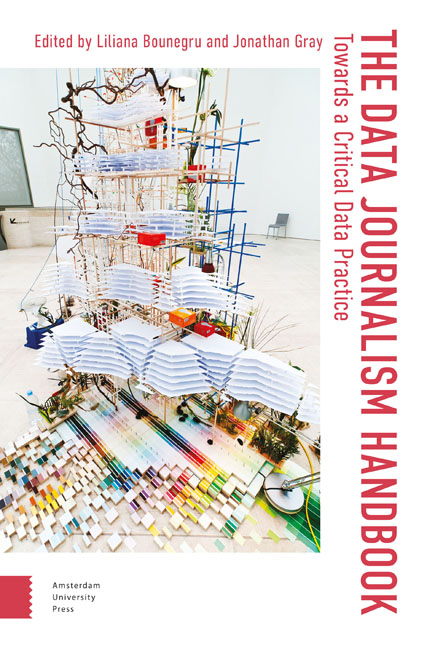1 - From Coffee to Colonialism: Data Investigations Into How the Poor Feed the Rich
Summary
Abstract
How we used data to reveal illegal business practices, sustained environmental damage and slave-like conditions for workers in developing countries’ agroindustries.
Keywords: cross-border investigations, agriculture, colonialism, data journalism, environmental damage
At the beginning of 2016, a small group of journalists decided to investigate the journey of a chocolate bar, banana and cup of coffee from the original plantations to their desks. Our investigation was prompted by reports that all of these products were produced in poor countries and mostly consumed in rich countries.
Starting from those reports we decided to ask some questions: What are the labour conditions on these plantations like? Is there a concentration of land ownership by a small group? What kinds of environmental damage do these products cause in these countries? So El Diario and El Faro (two digital and independent media outlets in Spain and El Salvador) joined forces to investigate the dark side of the agroindustry business model in developing countries.
The resulting “Enslaved Land” project is a one-year cross-border and data-driven investigation that comes with a subheading that gets straight to the point: “This is how poor countries are used to feed rich countries.” In fact, colonialism is the main issue of this project. As journalists, we didn't want to tell the story of the poor Indigenous people without examining the more systemic picture. We wanted to explain how land property, corruption, organized crime, local conflicts and supply chains of certain products are still part of a system of colonialism.
In this project, we investigated five crops consumed widely in Europe and the United States: Sugar, coffee, cocoa, banana and palm oil produced in Guatemala, Colombia, Ivory Coast and Honduras. As a data-driven investigation, we used data to get from pattern to story. The choice of crops and countries was made based on a previous data analysis of 68 million records from the United Nations’ World Trade Database (Figure 1.1).
This investigation shows how the balance of power between rich and poor countries has changed from the 15th century to the present and proves that these crops are produced thanks to exploitative, slave-like conditions for workers, illegal business practices and sustained environmental damage. The focus of our stories was shaped by the data we used.
- Type
- Chapter
- Information
- The Data Journalism HandbookTowards A Critical Data Practice, pp. 27 - 30Publisher: Amsterdam University PressPrint publication year: 2021



